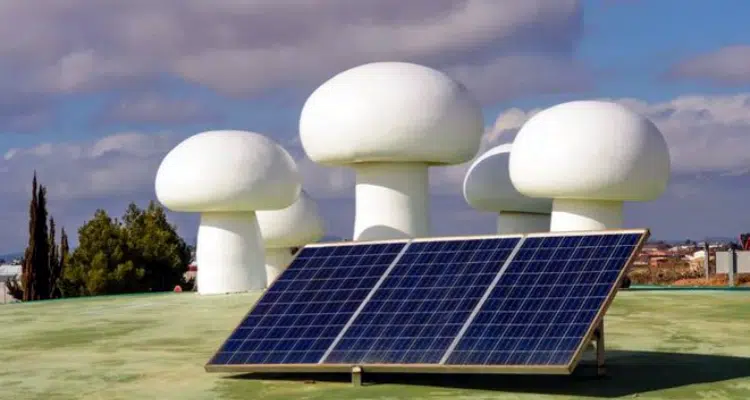Address
304 North Cardinal
St. Dorchester Center, MA 02124
Work Hours
Monday to Friday: 7AM - 7PM
Weekend: 10AM - 5PM
Address
304 North Cardinal
St. Dorchester Center, MA 02124
Work Hours
Monday to Friday: 7AM - 7PM
Weekend: 10AM - 5PM

EU energy ministers have agreed to extend three emergency regulations, including one to accelerate renewable energy deployment.
Ministers have agreed to extend Regulation (EU) No. 2022/2577 until June 30, 2025, the Council of the European Union said in a statement. The Council of the EU implemented the regulation on December 30, 2022, for an initial period of 18 months in response to the Russia-Ukraine conflict.
This initiative aims to reduce the EU’s dependence on Russian fossil fuels, respond to the energy crisis, and advance the EU’s climate goals by accelerating the permitting process and deployment of renewable energy projects.

The areas covered by the regulations include allowing the installation of solar modules on rooftops within three months.
If the relevant authority does not respond within one month of the submission of the application, the installation of solar installations with a power of up to 50kW is deemed to have been approved, and no environmental impact assessment is required for solar installations of this size.
In addition to accelerating the deployment of renewable energy, other provisions include reducing high energy prices and improving the security of gas supply, as well as protecting EU citizens and the economy from excessive gas prices.
Teresa Ribera, Spain’s Deputy Prime Minister and Minister for Ecological Transition and Demographic Challenges, said, “The extension of the three emergency measures allows us to ensure the stability of the energy market, to mitigate the effects of the crisis, and to protect EU citizens from excessive energy prices.”
The EU has other plans to accelerate the energy transition. In November, the European Commission released an action plan for accelerating the rollout of the electricity grid and improving its efficiency.
In the plan, the European Commission said that in many countries, renewable power projects face long waits to obtain grid access. Currently, the waiting time for grid permits is 4-10 years and 8-10 years for high-voltage projects.